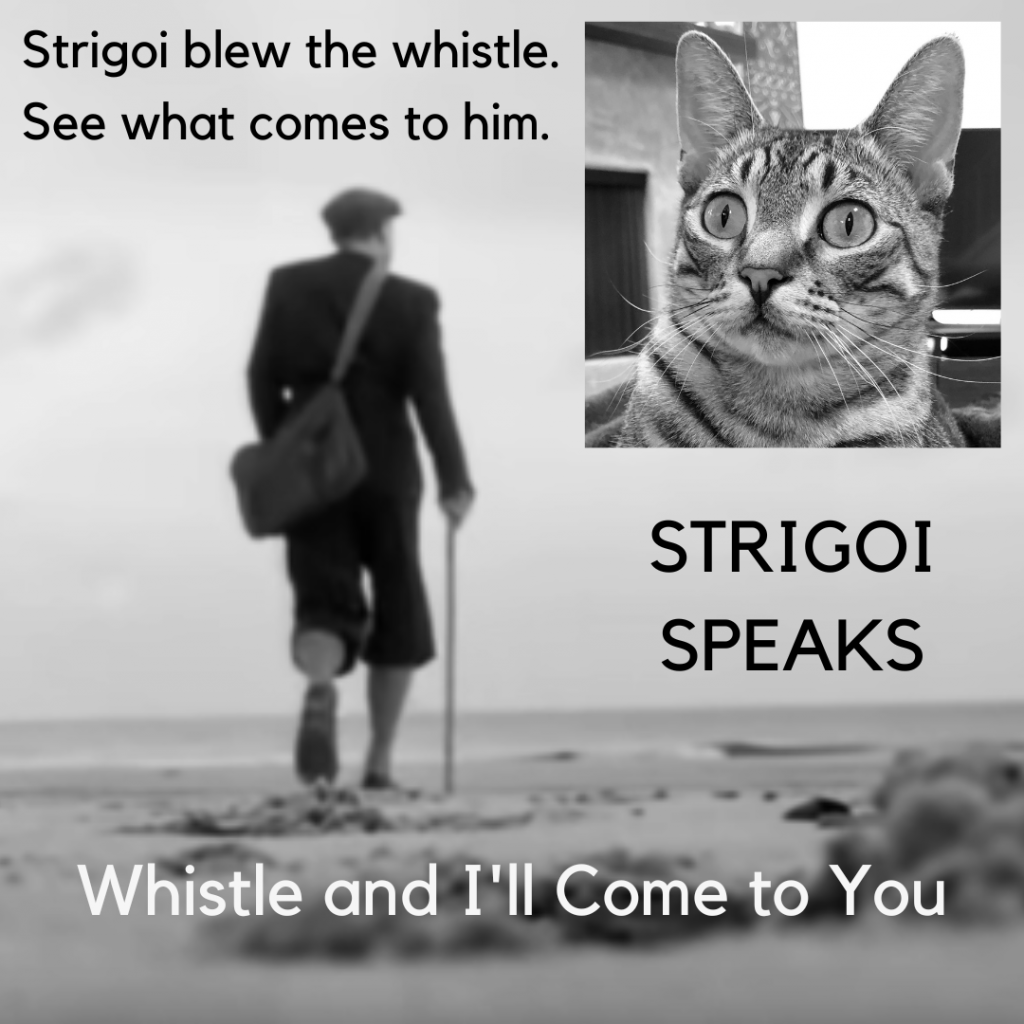
Reading is a great way to discover things about yourself; and if I’ve learned anything from the ghost stories of M.R. James, it’s that I have a spiritual affinity with Victorian-era Oxbridge dons. They really know how to vacation. Forget sunbathing, swimming, and fighting through crowds. Making the most of their time off, these men pull up their socks and walk briskly along bleak, east English coastlines. When they aren’t hiking against punishing winds, they’re cycling along a stony path or maybe through a dark wood toward a ruined tower or defunct gallows. And when the day is done, they return to rented rooms, which are shabby yet genteel, and read books on esoteric subjects. During these austere holidays, they inevitably come across an historical object, a piece of local lore, or an unsettling sight that at first stokes their intellectual curiosity and then haunts the rest of their days. From the fresh air, to the study, to the supernatural–this sounds like a perfect vacation to me.
Over the next few weeks, I’ll be discussing the BBC’s adaptations of M.R. James’ ghost stories. In keeping with the Victorian custom of telling terrifying tales by the Yuletide fire, these productions aired annually at Christmas from the late 1960s through the 70s and became a fond holiday tradition for many Brits. I’m going to begin with the first and–I think–best of the installments, “Whistle and I’ll Come to You” (1968). It tells the story of Dr. Parkins, an eccentric Cambridge professor, who is vacationing in a desolate British beach town. While on a vigorous trek along the shore, he finds a whistle standing out from the side of an eroded grave and decides to keep it. Undeterred by the creepy inscription–”Who is this who is coming?”–he blows into it and is subsequently plagued by bad dreams, blurred figures, and strange sounds. Has he summoned a dark force or are his strange experiences the result of something more mundane like advancing senility. The latter is a real possibility given his sometimes demented conduct.
Within the first five minutes, “Whistle” unnerves the viewer by presenting a parody of dialogue. Parkins constantly mumbles to himself and, at first, I interpreted this as a hackneyed key to his character, a short-hand way of showing that he’s a nutty professor with his head in the clouds. But more than just semaphoring a single character’s disposition, mumbled speech is part of a broader experimental aesthetic in “Whistle” that is meant to set us on edge. After escorting Parkins to his room, the hotel proprietor launches into a grumbled talk in which only a few words signifying the layout of the space can be discerned. It’s a stream of nonsensical vocalization interrupted by small islands of sense, and I clung to them while wondering if the YouTube video was corrupt. It wasn’t. Through this uncanny imitation of speech, the film defamiliarizes what should be a basic interaction and sets the viewer off on the wrong foot, which is really the right one when it comes to horror. From this uncomfortable position, we strain to make meaning out of Parkins’ puzzling behavior and perceptions.
Building on the effect of its smothered speech, “Whistle” amplifies our uneasiness through a dreamlike soundscape that is at once homely and surreal. The film has no music and its general quietness, a quality so rare in modern horror, is disconcerting. Prior to Parkins’ discovery of the whistle, the sounds we hear are ordinary and linked to actions within the scenes: the flapping of sheets as efficient housekeepers make beds, the clinking of cutlery as guests dine, the susurration of Parkins’ steps in the sand, and so on. After he blows the whistle, however, some commonplace sounds become dissociated from any visible or extrapolated source. During his dream sequences, a dog barks (or is it an abrupt human roar?) and a cow moans even though there are no animals on the empty beach. These loud and unanchored noises punctuate what sounds like an in utero heartbeat, a relentless pounding that seems to propel Parkins forward as he stumbles across the dunes. I’m not sure if he hears this hellish farm soundtrack. Whether or not it is intra-or-extradiegetic is just one more point of ambiguity in an already disorienting acoustical nightmare.
From garbled speech to alienated animal cries, sound does a lot of the work in “Whistle.” But there’s also the sheet. This adaptation reminds us of a time when a simple piece of fabric was enough to make us scream. That said, you should not watch it for heartwarming nostalgia or out of a completist’s sense of duty to the past–what kind of a genre buff hasn’t seen “Whistle and I’ll Come to You”? No–you should watch it because, combining the everyday and the exalted, that lowly bed linen brings us closer to sublime terror than any CGI affair ever could. And in the face of the sublime, we, like Parkins, can only repeat, “Oh no.”